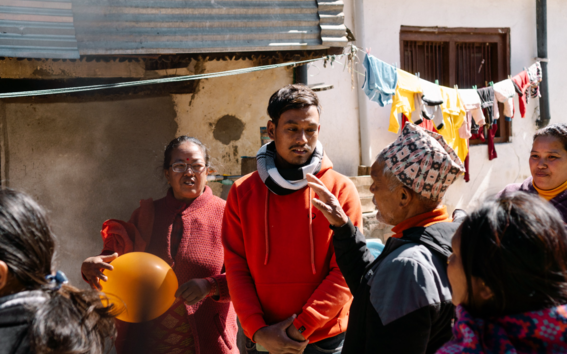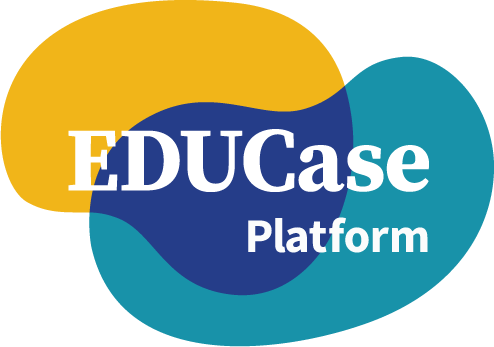Aalto and Sagarmatha Engineering College students lead earthquake safety initiative in Nepal

The student challenge was part of the PBL South Asia, co-funded by the Erasmus+ Programme, which developed best practices in problem-based education as a joint initiative among ten universities located in Finland, India, Nepal, Bhutan, the Netherlands, and Lithuania. The project was coordinated by Aalto University and implemented between 15.11.2018-14.11.2022.
Despite reconstruction efforts post the 2015 earthquake, unsafe housing remains a critical issue, especially in rural areas of Nepal. The lack of awareness among homeowners and builders, coupled with economic constraints, poses significant challenges to implementing robust building practices. The mission of the student challenge aimed at addressing the multifaceted challenges of earthquake-prone regions, emphasizing community-based solutions. Focused on earthquake-safe housing practices, the IDBM team from Aalto University collaborated with Sagarmatha Engineering College (SEC) to test a novel service management plan.
The student teams utilized a variety of design research methods, drawing inspiration from social and human-centered design and a human rights-based approach by UNICEF. The challenging, nonlinear process involved continuous prototyping, learning, and ideation. Collaboration was a key element, as Aalto and SEC students worked together using problem-based learning approaches. The project, aimed to apply knowledge and tools to solve real-life problems in teams, bridging the gap between education and impactful solutions.
Upon arrival in Nepal, the team delved into the complex issue of unsafe housing in Nepal, identifying factors such as a lack of access to standard building education, substandard materials, and hasty construction. The aim was not only to adhere to building codes but to make earthquake-safe housing the default in the country. One of the central challenges encountered was the economic situation. While the ideal solution might involve using the best materials, the reality is that cost constraints are a persistent issue. The team recognized the need for a solution that doesn't rely solely on financial resources.
During their two-week stay in Nepal, the Aalto team engaged in various activities, including testing prototypes, interviewing professionals, and interacting with locals in rural areas. The key takeaways included the necessity of raising awareness among homeowners and builders, understanding economic constraints, and tailoring solutions to regional needs.
Upon their return to Finland, the team worked on the proposed solution. In May 2022, the students presented the "Solid Neighbor Network," a community-driven approach to earthquake-safe housing in Nepal, at the IDBM Impact Gala. The project garnered significant interest from guests, professors, and students alike.
The collaboration between the Aalto team and the SEC team brought forth both challenges and valuable lessons in cross-cultural teamwork. The partnership resulted in meaningful connections, especially for students who visited Nepal, fostering friendships beyond transactional interactions. The experience highlighted the importance of transparent communication about cultural differences and the need for flexibility in handling unexpected situations. Ultimately, the journey underscored the transformative power of cross-cultural collaboration, demonstrating that overcoming challenges can lead to a deeper understanding, empathy, and successful outcomes in global teamwork.
Read more news
Breaking the Darkness: Tackling energy crisis in Lesotho
Lesotho, often called the Kingdom in the Sky due to its high altitude, faces a severe energy crisis, with nearly half of its population lacking access to reliable electricity.
Transforming Interdisciplinary Education: Sustainable Global Technologies (SGT) Across Four Continents
The true impact of our actions often unfolds over time, as demonstrated by the students at the SGT FAIR’24 on May 22. Their work showcased how a single student challenge can drive significant change.
A Global Learning Space: Empowering Students for Responsible Global Engagement
As part of the EDUCase network, the University of Oulu has offered to be the testing ground of a virtual learning initiative that aims to revolutionize virtual learning.
